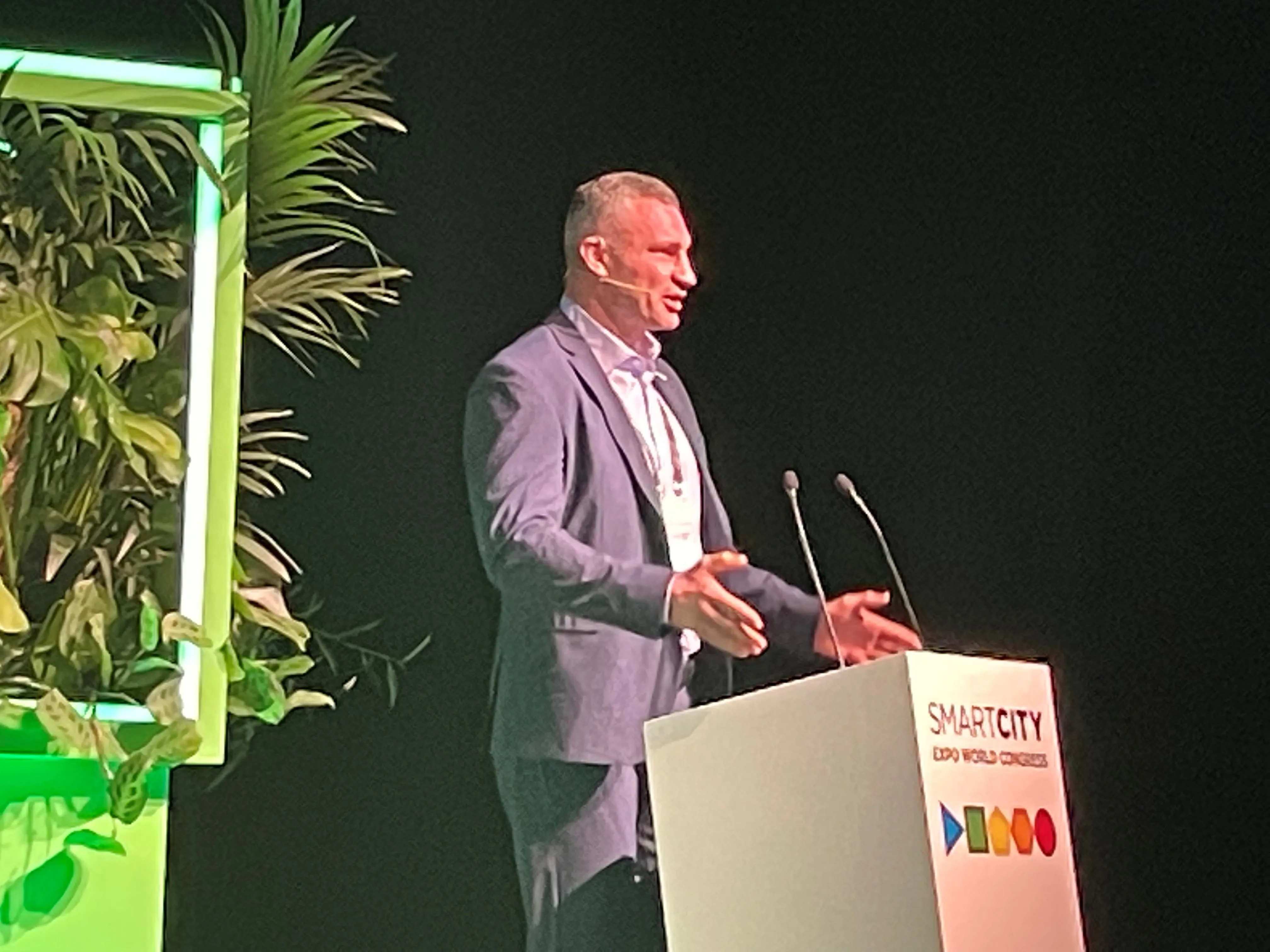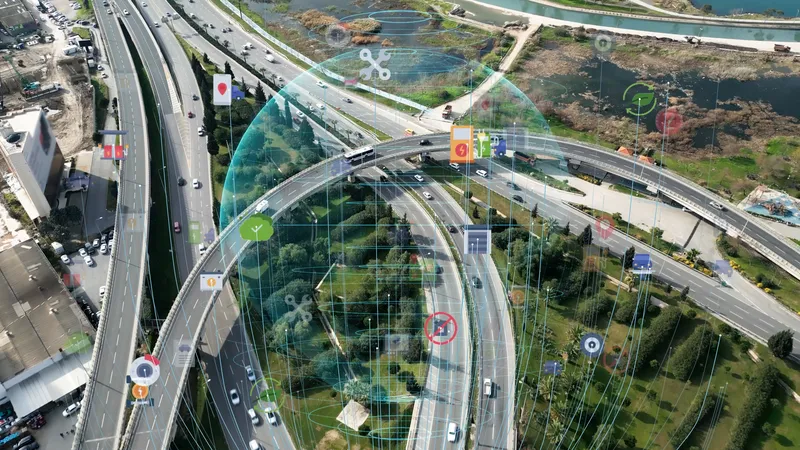
The 2023 ITS European Congress in Lisbon, Portugal, will feature a range of conference sessions, events and exhibitors covering the full range of mobility.
Taking place from 22-24 May, the theme this year is The Game Changer: you can register here
“ITS innovators, thought leaders and change-makers will gather to shape the future of smart and sustainable mobility in Europe and beyond," says Joost Vantomme, CEO of Ertico – ITS Europe.
"The Congress is where we come together under one roof to share ideas, celebrate milestones, and plan for the challenges and opportunities ahead. Lisbon is the ideal setting: a multi-modal city with a reputation for new mobility services, and for connected and automated mobility."
Herald Ruijters, Director, DG Move, European Commission will be presenting, as will the mayor of Lisbon, Carlos Moedas.
Esko Valtaoja, a Finnish scientist & astronomer, will also speak at the opening.
Technical presentations and Special Interest Sessions (SIS) reflect the latest developments in Cooperative, Connected and Automated Mobility (CCAM), Transport & Logistics, Clean & Eco-Mobility, and Urban Mobility.
CCAM topics include combining space-based technologies with terrestrial communications to improve services, the importance of testing, validating and certifying safety performance, and how CCAM supports moves towards climate neutrality.
There will also be in-depth freight and logistics sessions, such as encouraging intermodal freight, electronic freight information to speed up movements, future research priorities, and how ITS for freight played a role in the war in Ukraine.
Digitalisation and data value chain discussions will include the steps being taken towards a common European Mobility Data Space, the Data for Road Safety Initiative, and quality assessment of multimodal ITS services and data. In future traffic management, you can hear about using traffic data to power traffic management across Europe, using technology to protect vulnerable road users, making mobility more user-centric, and reskilling the workforce to support future mobility services.
In addition, Strategic Future Sessions (SFS) take a forward-looking ‘blue-sky’ approach to the opportunities and challenges ahead, and make the case for launching new ITS initiatives.
Digitalisation – what can mobility users expect?
Connected, Cooperative and Automated Mobility: how green can you go?
Integrating road, rail, air and waterborne – multimodality by any means?
Managing urban mobility space – what can we expect from cities in the future?
Connecting the dots with Cities and Regions










